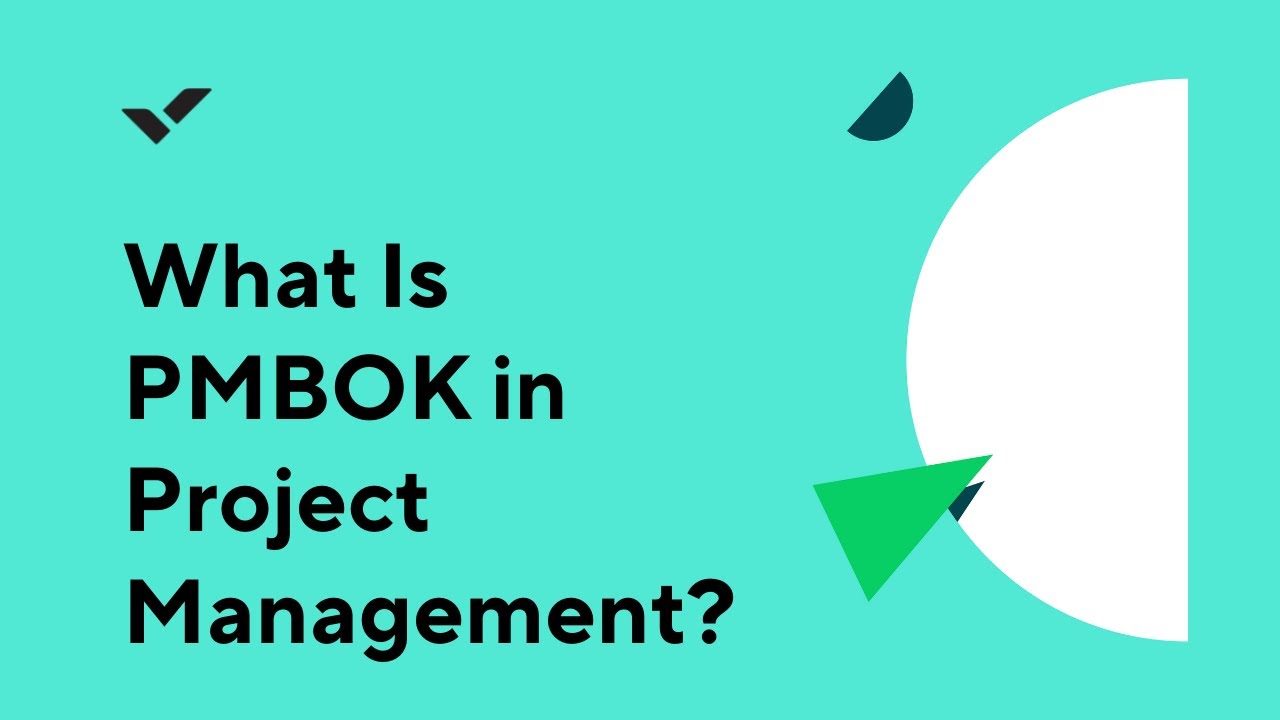Exploring the PMBOK Methodology: A Comprehensive Guide to Project Management Success
In the realm of project management, there are various methodologies and frameworks that professionals use to guide their projects to success. One such widely recognized and widely used methodology is the PMBOK (Project Management Body of Knowledge). Developed by the Project Management Institute (PMI), the PMBOK methodology provides a standardized approach to project management, offering a comprehensive framework for project planning, execution, and control. In this blog post, we will delve into the core principles of the PMBOK methodology and explore its key components in project management.
Understanding the PMBOK Methodology
The PMBOK methodology is a collection of best practices, processes, and knowledge areas that project managers can utilize to effectively manage projects. It is based on the PMBOK Guide, which serves as a foundational reference for project management professionals. The guide outlines the standard processes, inputs, tools, and techniques required for successful project management across various industries and sectors.
Knowledge Areas
The PMBOK methodology encompasses ten knowledge areas that cover different aspects of project management. These knowledge areas include project integration management, scope management, time management, cost management, quality management, human resource management, communication management, risk management, procurement management, and stakeholder management. Each knowledge area focuses on specific processes and activities that contribute to the overall success of a project.
Process Groups
The PMBOK methodology defines five process groups that represent the chronological flow of activities in a project. These process groups are initiation, planning, execution, monitoring and controlling, and closing. Each process group consists of a set of processes that need to be executed and managed at different stages of the project lifecycle. By following these process groups, project managers can ensure a structured and systematic approach to project management.
Inputs, Tools, and Techniques
Within the PMBOK methodology, each process is accompanied by a set of inputs, tools, and techniques. Inputs are the documents, data, and information required to initiate and execute a process. Tools and techniques are the methods and resources used to perform specific activities within a process. Understanding and effectively utilizing the inputs, tools, and techniques specified by the PMBOK methodology can enhance project planning, execution, and control.
Project Management Knowledge and Skills
The PMBOK methodology also emphasizes the importance of project management knowledge and skills. Project managers are expected to possess a diverse range of competencies, including leadership, communication, negotiation, problem-solving, and decision-making skills. The PMBOK methodology recognizes the significance of these skills and encourages project managers to continuously develop and refine their capabilities.
Tailoring the Methodology
While the PMBOK methodology provides a standardized approach to project management, it acknowledges the need for tailoring based on project-specific requirements. Projects vary in size, complexity, and industry, and project managers must adapt the methodology to suit their specific circumstances. This flexibility allows project managers to tailor the PMBOK methodology to meet the unique needs of their projects and organizations.
Unlocking the Power of SharePoint: Top Ten Collaboration and Process Management Solutions
Project Lifecycle
The PMBOK methodology recognizes the importance of project lifecycles. It defines five phases in a project lifecycle: initiation, planning, execution, monitoring and controlling, and closing. Each phase has specific objectives, deliverables, and activities that contribute to the overall success of the project. By following a structured project lifecycle approach, project managers can ensure proper sequencing of tasks and effective management of resources.
Project Constraints
The PMBOK methodology highlights the concept of project constraints, which include scope, time, and cost. These constraints represent the boundaries within which a project must be executed. The methodology emphasizes the need to balance these constraints and make appropriate trade-offs to achieve project goals. Understanding and managing project constraints are crucial for project managers to deliver projects on time, within budget, and with the desired scope.
Change Management
Change is inevitable in projects, and the PMBOK methodology recognizes the importance of effective change management. It emphasizes the need for proper change control procedures to assess, evaluate, and implement changes throughout the project lifecycle. By having a structured change management process in place, project managers can ensure that changes are properly evaluated, approved, and integrated into the project without adversely impacting project objectives.
Continuous Improvement
The PMBOK methodology encourages a culture of continuous improvement in project management practices. It promotes the concept of lessons learned, where project managers and teams reflect on their experiences and identify areas for improvement. By capturing and applying lessons learned from previous projects, organizations can enhance their project management processes, mitigate risks, and optimize project outcomes.
Professional Certification
The PMBOK methodology is closely aligned with the Project Management Professional (PMP) certification offered by the PMI. Obtaining the PMP certification validates a project manager’s knowledge and understanding of the PMBOK methodology. It demonstrates their commitment to professional development and their ability to effectively apply project management principles in real-world scenarios.
Integration with Other Methodologies
The PMBOK methodology can be integrated with other project management methodologies and frameworks. It can be complemented by agile methodologies like Scrum or Kanban to enable iterative and adaptive project management. Project managers can leverage the flexibility of the PMBOK methodology to incorporate elements from other methodologies that suit the project’s requirements and organizational context.
The PMBOK methodology serves as a valuable resource and guide for project management professionals. By understanding its principles, knowledge areas, process groups, and associated tools and techniques, project managers can effectively plan, execute, and control projects to achieve desired outcomes. While the PMBOK methodology provides a comprehensive framework, it is important to tailor it to fit the specific requirements of each project. With its focus on best practices and industry standards, the PMBOK methodology continues to be a foundational approach in the field of project management.

